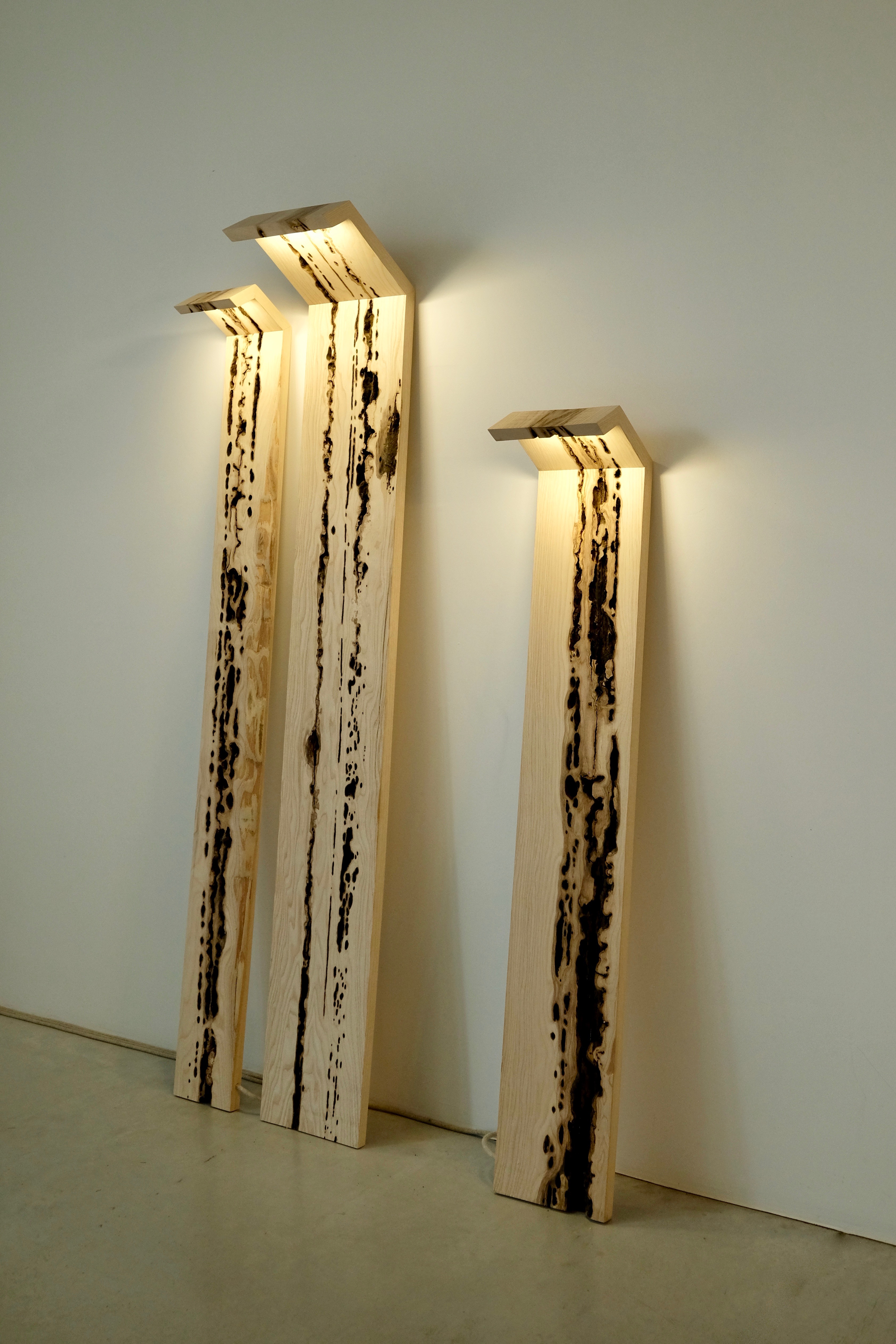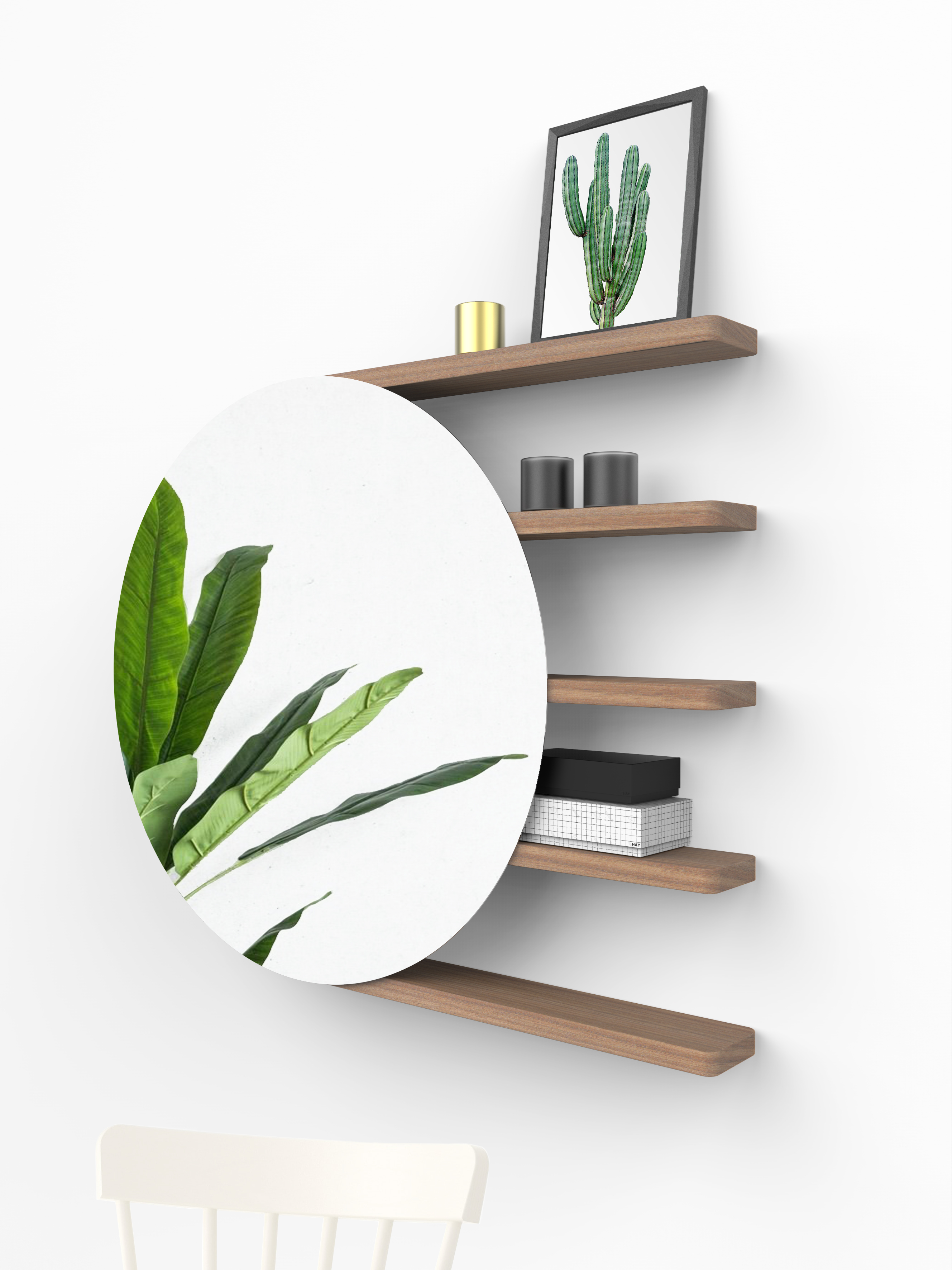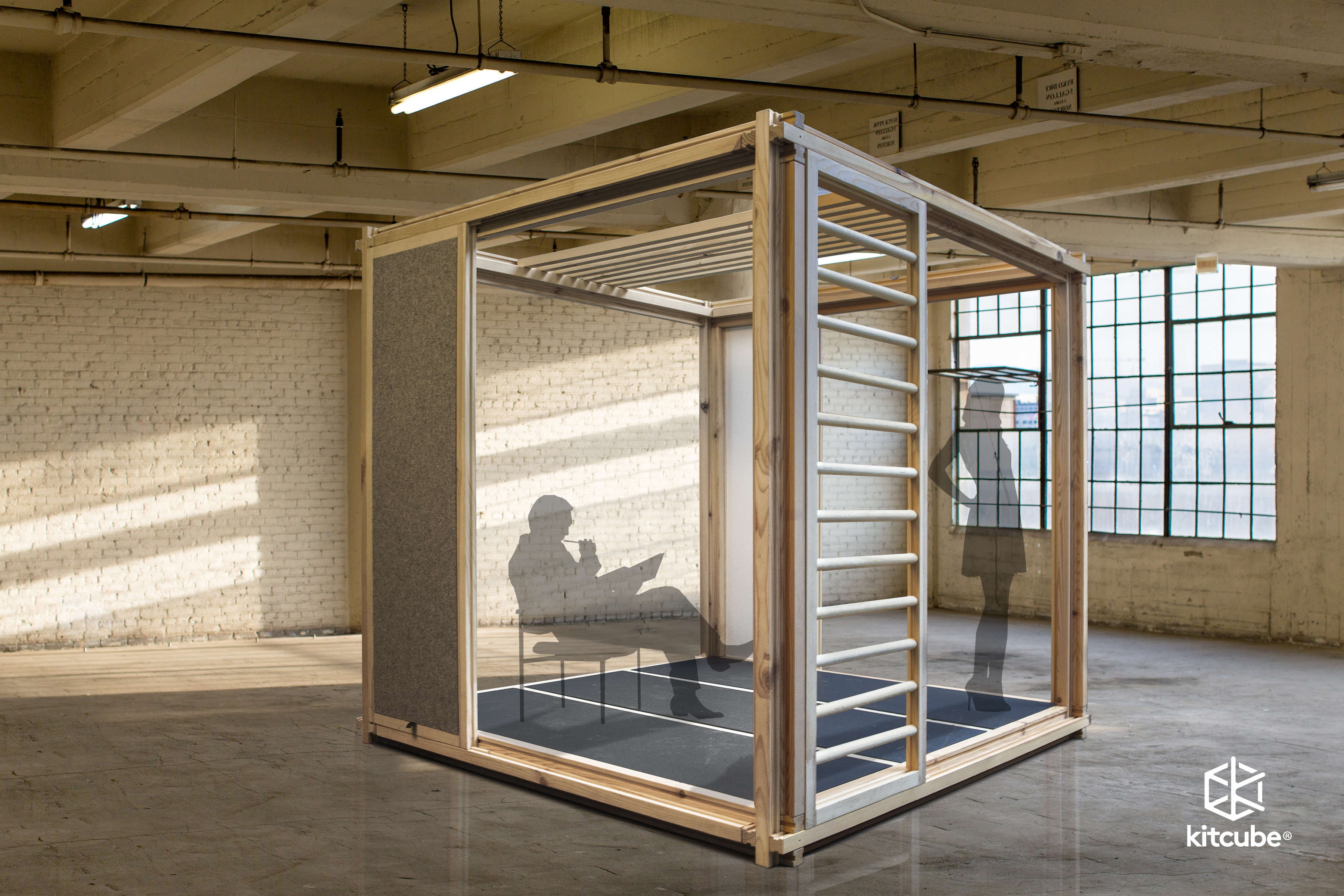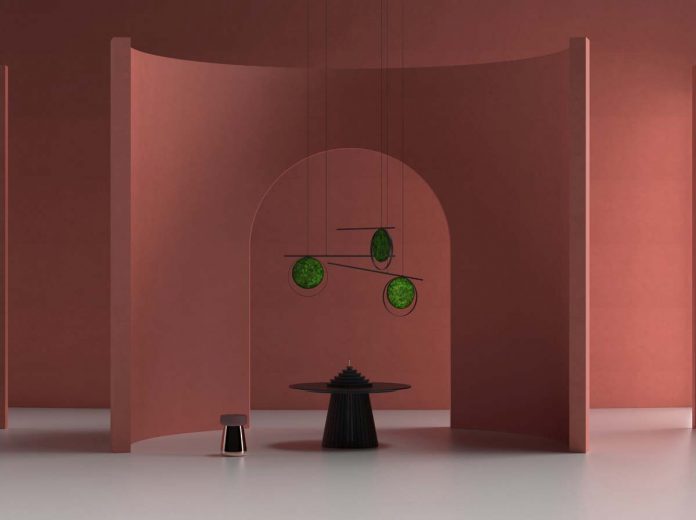In terms of intention and content, the initiative and the projects presented by “Belgium is Design” for this edition of Milano Design Week fit perfectly into the theme of the current 22nd Triennale di Milano, ‘Broken Nature’.
For Belgian design (fragile) nature remains generous. It is for this very reason that it must be respected and protected, especially in this specific geological era of the so-called Anthropocene Age, in which everything revolves excessively around man, his habitat, and his needs, which all too often are not necessary at all. Generous Nature, an initiative conceived by three separate institutions with a common objective (Wallonie-Bruxelles Design Mode [WBDM], Flanders DC, and MAD), and coordinated respectively by Giorgia Morero, Christian Oosterlink, and Elke Timmerman, will be hosted for one week at Opificio 31 in Milan’s Zona Tortona to shine the spotlight on a key issue in design: the ability of designers to introduce substantial changes in the manufacturing process and to adopt a responsible, creative, and innovative use of natural resources, as well as the ability to go beyond the single product and mere ‘environmental awareness’ so as to focus on the entire process and on the cycle of life, extending to politics, the economy, legislation, social behaviour, and human approaches.
Wood and its scraps, the forest and its ecosystem, the sustainable use of ancient and new materials, and the the recovery of traditional artisan techniques paired with innovative technologies: these are the topics covered in the projects being presented by the fifteen selected designers. A strong stance in terms of environmental protections and sustainable development. In keeping with this approach is the display by designer and interior architect Benoit Deneufbourg, created in collaboration with La Fabrika Studio, which will be produced in Belgium and transported in a ‘flat pack’ all the way to Milan, after which it will be recomposed and travel on to the Design Museum Ghent, where the exhibit will subsequently be on display. Adhering to a logic of circular economy and durability, the structures on exhibit pair recycled cardboard feet with Really panels by Kvadrat, an innovative material made from recycled fabrics.
In addition to Generous Nature, Belgium is Design will also be present at the Salone Satellite with ‘The New Belgians’ (pavilions 22-24, stand A32).

LUNAIR / FILIP JANSSENS
In an ash tree sawmill in Essene, Filip Janssens recovered several cuts of wood that were in theory unusable and destined to be burned in the laboratory, and used them to create the Lunair lamps which, thanks to a LED strip, shine a light on the very imperfections for which the pieces were discarded.

LEVELS / LEVISARHA / ATMOSPHÈRE & BOIS
The company asked this design duo to come up with accessories that could make use of discarded cuts of wood. In Levels the smooth and almost cold part of the mirror contrasts with the veining and patina of the oak which was recovered entirely from the bottom of a wagon. The aesthetic effect is complemented by the functionality of the shelves.

KITCUBE / GILLES LENOBLE
The wood and felt structure becomes an autonomous space that allows for many uses (an office space, a retail stand, a garden shed, a children’s room, a temporary bar…), and can be readapted depending on one’s need so as to not be scrapped. Every cube (in which decorative, functional, or technical elements like lamps, floors, and acoustic panels can be incorporated) has standard dimensions of 256x256x256 cm and is made up of 12 identical and easily assembled slats. A rational design that lightens the production load and makes it more sustainable.







